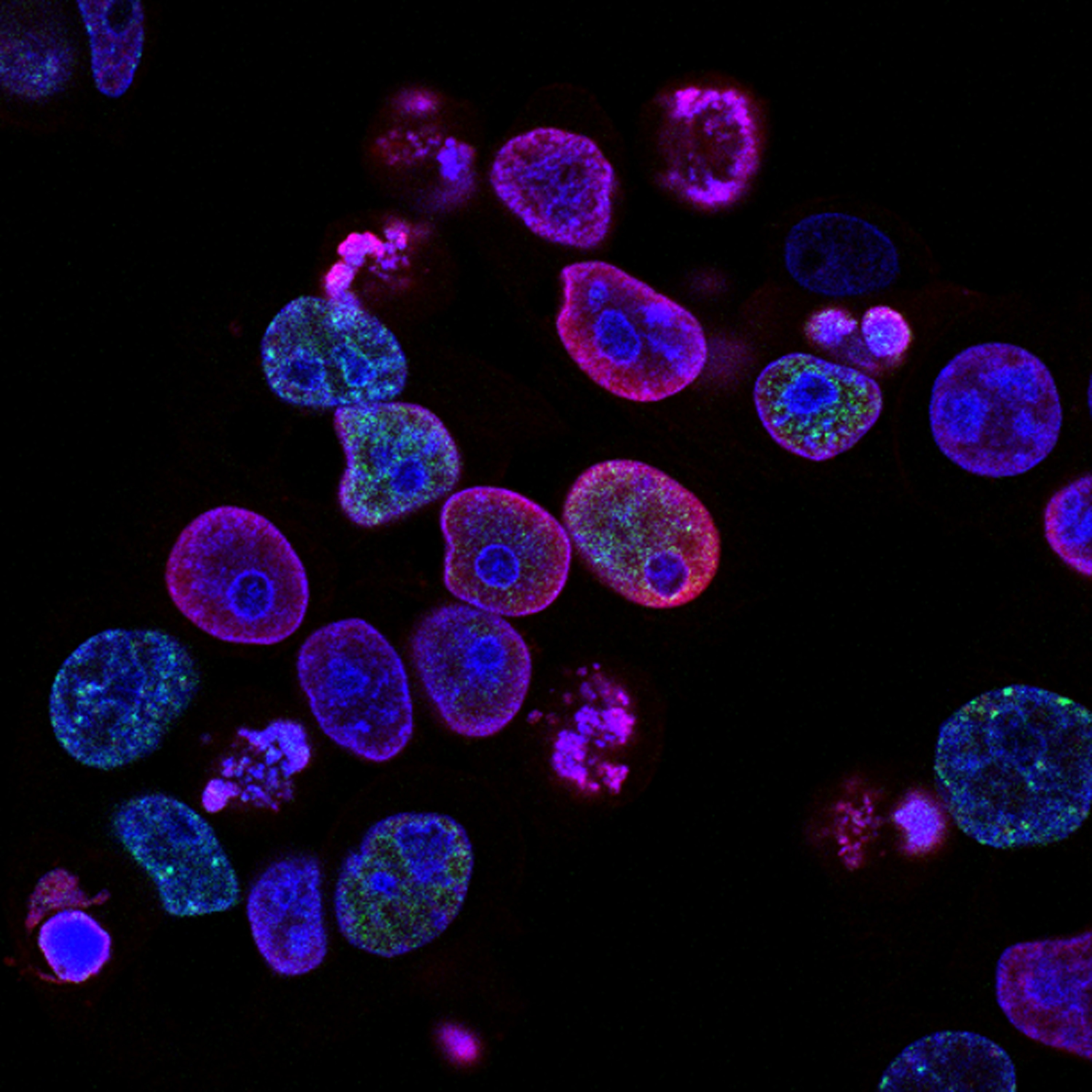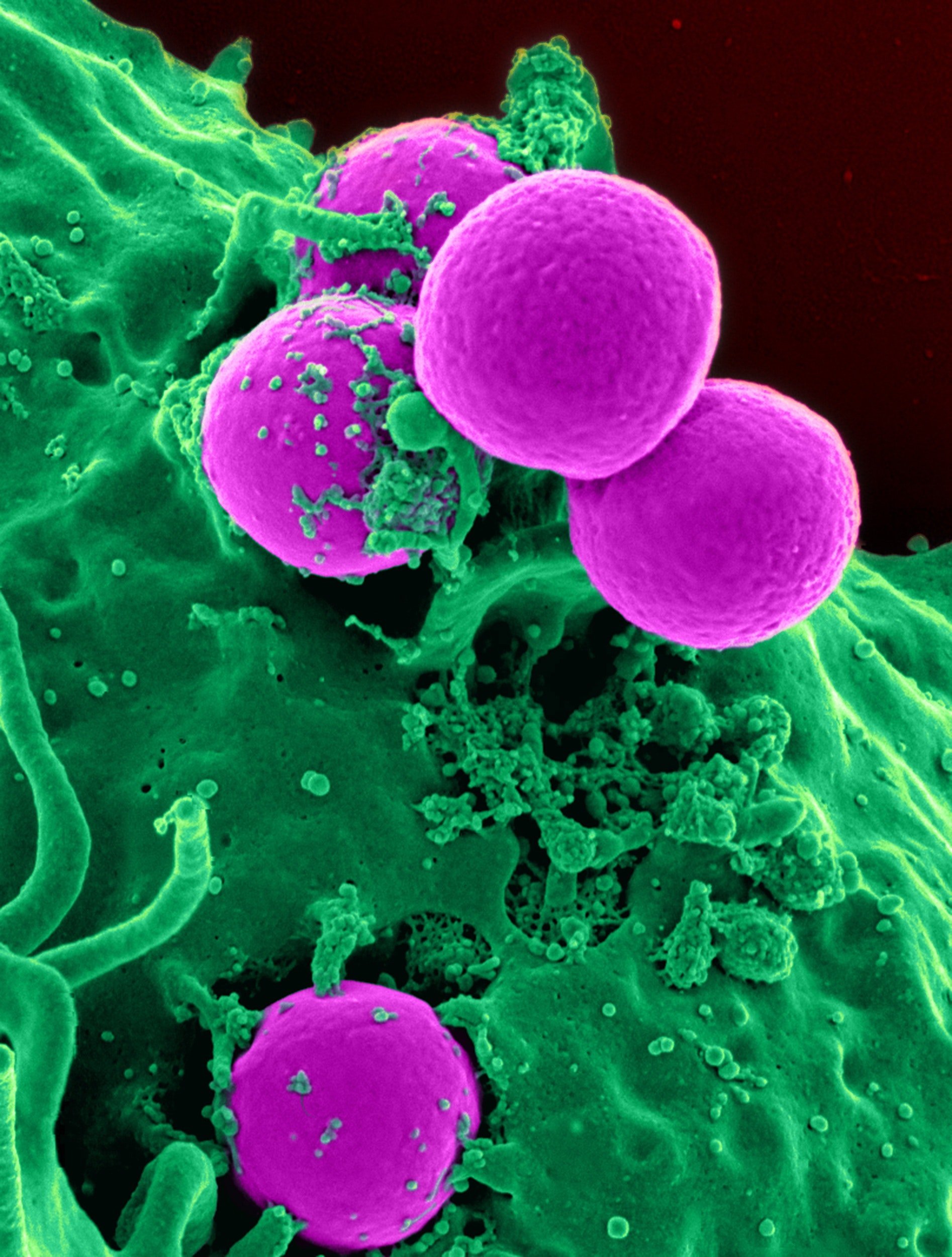Is Eczema Linked to Gut Health?
Is eczema linked to gut health?
Spoiler, eczema is linked to gut health. The focus of the article will be to look more in depth on what some of the research has to say about this question and what the mechanisms are behind it.
What is the common link between gut and skin? How could it be that something so far apart are linked? I will also share a little bit of my clinical experience treating people with eczema and other skin issues and how that has turned out.
So if this is something an interest you keep reading, we are going to get into the details.
In my clinical experience eczema is linked to gut health. I will share some of my experiences with patients having eczema and treating them through focusing and on problems that they have with their digestion. I also want to give a little color on some of the newer research that is looking at this question and attempting to understand not only is it linked but how it's linked.
We know from a very basic standpoint that the way the two are linked is through the immune system. We will look at a research paper below that illustrates this with a little more detail. First we need to understand more about what the immune system is.
Often times we talk about the immune system as if it's one thing. It is common to say, let's increase your immune system to to help your body fight off a cold or a flu. Sometimes we also say, let's suppress your immune system because you have autoimmune disease or you have allergies etc. The thing is your immune system actually has a lot of different layers to it. When it comes to eczema, we want to be more specific when we are talking about the immune system. So when we say increase or suppress your immune system, we really need to define which aspect or which layer of your immune system we are talking about. We can break it down into its component parts or categories and look at different aspects of the immune system. This will allow us to better understand how eczema is linked to gut health via immune system.
Eczema Gut And Immune Health Link
In a very broad sense we can break the immune system down into two different categories. We have the innate immune system which is a very nonspecific aspect of the immune system. Then we also have the acquired or adaptive immune system. We will discuss the second one later. First we'll talk a little bit about the innate immune system.
Once a microbe or toxin is ingested into the body, usually this occurs from food or breathing it in, that microbe has to get past that physical barrier. So if you take in a bacteria from food poisoning or something like that, the bacteria on that will try to enter your body and live in your body. The first thing is it has to do is get past the acid and enzymes in your digestive tract. Then that microbe has to get past that physical barrier. This physical barrier is the most basic aspect of the innate immune system.
In addition to that, there are also specific white blood cells that are engaged in this nonspecific innate immune response. These types of white blood cells are usually positioned in very close proximity to that physical barrier. They are oftentimes close to the lungs close to the digestive tract, or anywhere the body is in contact with the outside world. So if that first physical barrier breaks down, now you have that backup white blood cell that's going to start to isolate these pathogens, toxins, or whatever the threat is. We mentioned that these white blood cells are in places like in respiratory tract, digestive tract. They are also positioned in skin layer which is relevant to our question about eczema. Ultimately we are going to see eczema is related to gut health but I wanted to give you sort a primer on the role that the immune system plays. In the end it will be more clear how it's all connected.

The response of the white blood cells to recognizing when something gets through the physical barrier requires them to identify self from non-self. The cells of the innate immune system do this through a protein and receptors mechanism. The receptors sit on the outside membrane of the immune cells. These particular receptors are nonspecific receptors. The proteins that trigger these receptors are found on pathogens. All pathogens have proteins on their surface that match these non-specific receptors. This allows the cells in the innate immune to recognize this microbe as foreign.
So there are little things jutting out on the pathogen that are common to many pathogens. These allow the white blood cells in this nonspecific immune response or innate immune response to recognize those. The cells will try to isolate and engulf those pathogens to prevent them from spreading any further.
In a similar way, when there is damage to your tissues, there are proteins inside the tissues that are also exposed. They are only exposed when there is tissue damage. These will also bind to the white blood cells and trigger those white blood cells to go to the area. so Both pathogens and tissues damaged by pathogens or for any other reason that can tigger this innate immune response. That is the basic innate or nonspecific immune system responses throughout the body. So now that we talked about the innate immune system, we should briefly discuss this other type of the immune system called the adaptive immune system.
The adaptive immune system involves other types of white blood cells called lymphocytes. These cells come from the bone marrow and they are able to recognize previous infectious agents through a specialized process of making immunoglobulins. There are several different types of immunoglobulins. We won't get into that now but it is through this process that these types of white blood cells called lymphocytes are able to have memory. This is why it's called the adaptive immune response. So how does all this immune stuff relate to eczema?
How Eczema is Linked to Gut Health
If you look at a biopsy of an eczema lesions you will see an increased amounts of these innate immune cells, like macrophages and mast cells in the lesions. Similarly, in patients with IBS (Irritable Bowel Syndrome) many studies have found an increase in these same types of immune cells surrounding the digestive tract. If you look in the area just below where your internal small intestinal lining is, you will see increased amount of mast cells macrophages etc. This is the common link between the two, the immune system. Both eczema an IBS have this similarity where there is increased activation of these innate immune cells.
A recent study looked to see if there was a correlation between the two with actual patience and their symptoms. While the study was small (Link to study IBS and Eczema), they did find some interesting data. The researchers found "that IBS was more common in the atopic dermatitis group (atopic dermatitis is the same as eczema)." They also found things like "abnormal stool form, abdominal distention, a feeling of incomplete evacuation, and straining with bowel movements in those with atopic dermatitis patients." Keep in mind this was one very small study. While there may be others out there, it does give some legitimacy to this skin gut axis.
Of coarse it is one thing to see to see a research paper and find things that correlate in a research setting. It's another thing to see this connection in actual clinical practice with patients. I have seen this numerous times in many of my patients. Problems in and on the skin, specifically eczema but other skin issues too, are directly related to digestive and gut health.
Case Study of Eczema Linked to Gut Health
This has not just happened one or two times, but numerous times. I am not the only one either, this was talked to me in my naturopathic medical school and continues to be something that I find very helpful for my patients over and over again.
The question remains, what is causing all these cells of the innate immune system to be over activated and in increased quantities in the eczema lesions and in the gut? We mentioned above that one of the things that triggers these cells are the proteins that sit on top of pathogens, like different types of bacteria, and environmental proteins. Both of these along with tissues damage in general can stimulate or trigger this process to begin.
So treating the gut and things related to gut health often improves eczema and many different skin issues. Watch out for the next video on eczema. We will discuss in more depth some of the mechanisms of eczema and gut health. The title is "Is eczema a sign of something more serious?" This will go into more detail on what's what is going on in the body to trigger this process and what you can do about it.
If you have questions about anything discussed here you can ask it in the comment section below. To get a customized plan on your skin and gut health, click on the link below to get started.




















